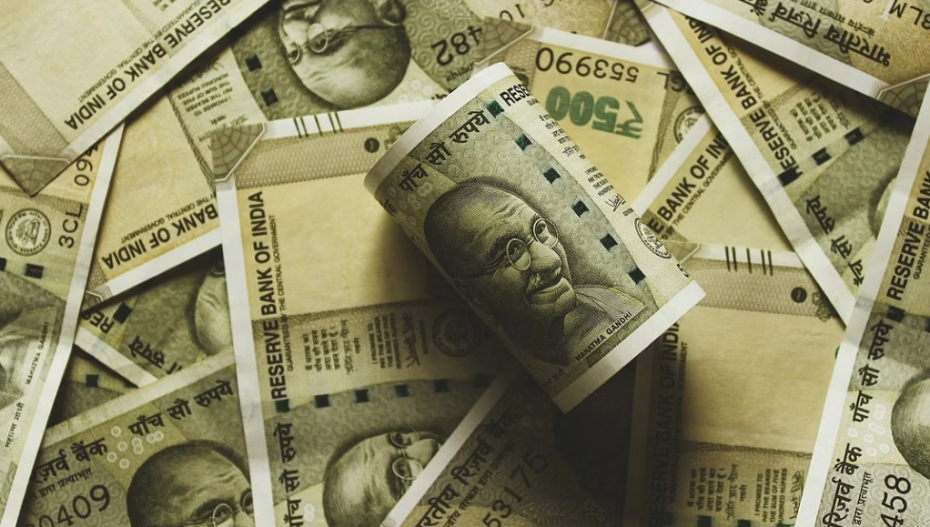Though India is often criticised for its high tax regime on individual income, it is largely the middleclass salaried population that bears the brunt of this. High net-worth individuals often park their money in foreign tax-free abodes or bypass the laws through tricky ventures that is beyond the purview of the commoners.
A recent paper by World Inequality Lab suggests that in order to fight “extreme inequalities” and create fiscal space for enhanced social sector investments, there is a need for India to introduce an annual wealth tax and inheritance tax, both applying only above an exemption threshold of Rs 10 crore worth of net wealth.
The paper, authored by economists Thomas Piketty, Nitin Kumar Bharti, Lucas Chancel, and Anmol Somanchi was released in the midst of general elections in the country where a debate occurred on such imposts as a redistribution tool, but major political parties denounced the idea. The economists suggest a 2% annual tax on net wealth exceeding Rs 10 crore and a 33% inheritance tax on estates exceeding Rs 10 crores in valuation.
“As per our estimates, this alone would generate a massive 2.7% of gross domestic product (GDP) in revenues,” the paper said.
Under the moderate and ambitious variants, we introduce further progressivity in the tax schedules along with increase in tax rates. In the moderate variant, for instance, we propose increasing the marginal wealth tax rate from 2% to 4% for net wealth exceeding Rs 100 crore. “This would be coupled with a 33% inheritance tax on estates between Rs 10 and 100 crore and a 45% tax on estates exceeding Rs 100 crore,” the authors said. This would yield 4.6% of GDP in annual tax revenues.
Under the ambitious package, with identical thresholds but higher tax rates (3%-5% for wealth tax and 45%-55% for inheritances), tax revenues could be as large as 6.1% of GDP, the paper said.
The authors say their proposals are only going to affect 0.04% of adults, meaning, 99.96% of the population will remain unaffected by the tax. The top 0.04% (i.e. roughly those with net wealth exceeding Rs 10 crore) alone hold over a quarter of the total wealth of the country, said the report. “Their total wealth amounts to a whopping 125% of India’s GDP,” the paper said.
If implemented, these revenues could potentially be large enough to nearly double the combined public education and public health budgets, areas where India has invested too little compared to global standards, the paper noted.
The current row over inheritance tax began when Sam Pitroda, who was adviser to many Congress-led governments, talked about inheritance tax last month in the US as an “interesting law,” inviting sharp reaction from Prime Minister Narendra Modi who alleged that that Congress party “would snatch the property left behind by people for their children.” Modi said that the “Congress party’s mantra was to loot (the people)…both when you are alive and when you are dead”.
Also Read: Jamnagar Court Denies Bail To Farmers In Lioness Death Case












